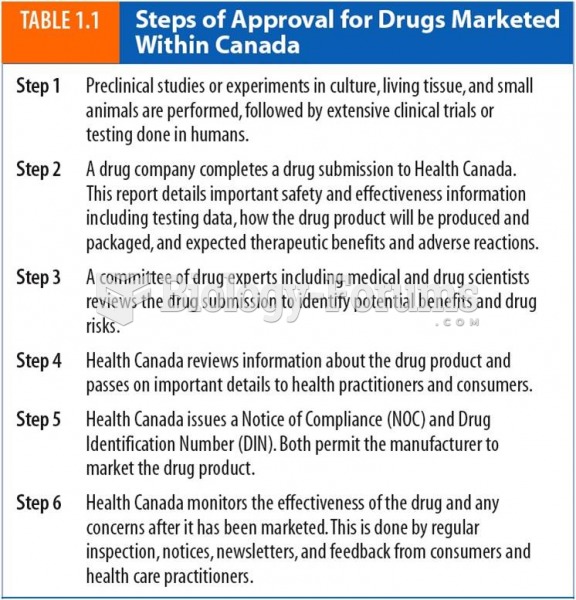|
|
|
The most common treatment options for addiction include psychotherapy, support groups, and individual counseling.
On average, someone in the United States has a stroke about every 40 seconds. This is about 795,000 people per year.
Since 1988, the CDC has reported a 99% reduction in bacterial meningitis caused by Haemophilus influenzae, due to the introduction of the vaccine against it.
Coca-Cola originally used coca leaves and caffeine from the African kola nut. It was advertised as a therapeutic agent and "pickerupper." Eventually, its formulation was changed, and the coca leaves were removed because of the effects of regulation on cocaine-related products.
In the United States, there is a birth every 8 seconds, according to the U.S. Census Bureau's Population Clock.







